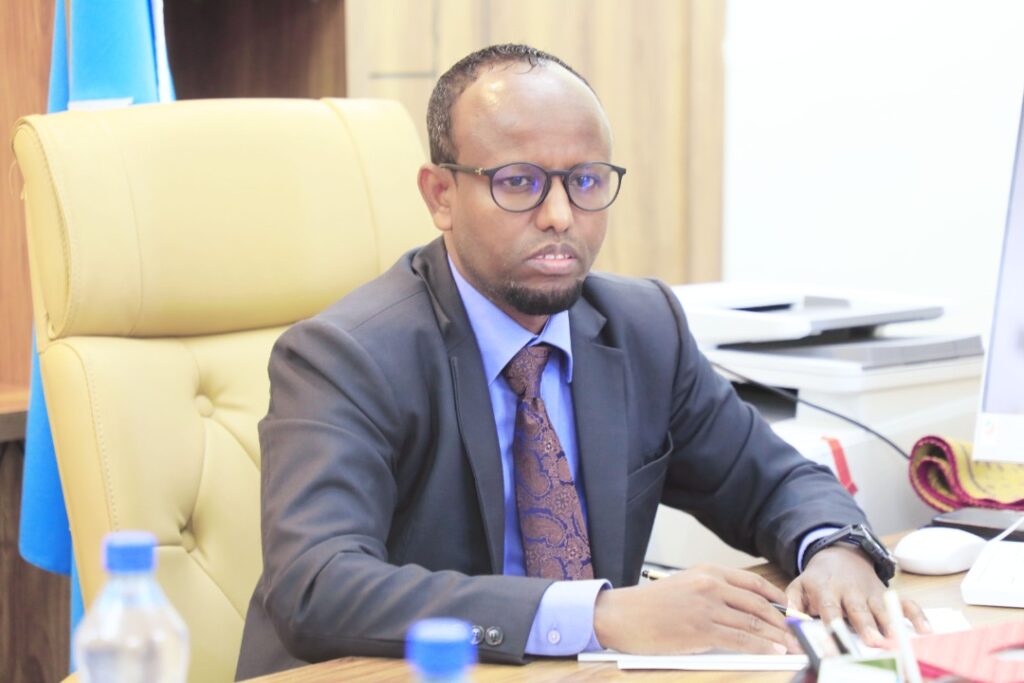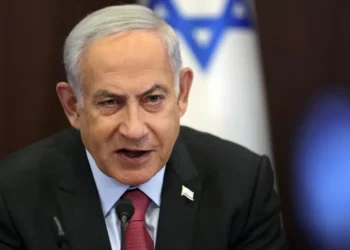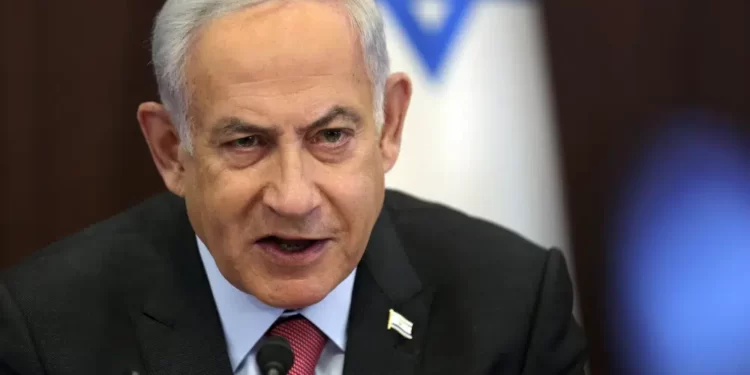Somalia is facing a sharp surge in diphtheria cases and deaths this year, as vaccine shortages and cuts in foreign assistance undermine the country’s response, according to health officials.
More than 1,600 cases have been recorded in 2025, including 87 deaths, compared to 838 cases and 56 deaths in the whole of 2024, said Hussein Abdukar Muhidin, the general director of Somalia’s National Institute of Health.
Diphtheria is a bacterial disease that causes swollen glands, fever, and severe breathing difficulties. It primarily affects children and is preventable through vaccines that became widely available in the mid-20th century. Although immunisation rates in Somalia have improved over the past decade, hundreds of thousands of children remain unprotected.
The human cost of the outbreak is visible in Mogadishu’s hospitals. After fleeing clashes between government troops and Islamist militants in the central town of Ceeldheere three months ago, Deka Mohamed Ali’s four children, none vaccinated, all fell ill with diphtheria. Her 9-year-old daughter managed to recover, but her 8-year-old son died, and her two youngest toddlers are now receiving treatment in the capital.
“My children got sick and I just stayed at home because I did not know it was diphtheria,” she said at the bedside of her 3-year-old son, Musa Abdullahi, whose throat was swollen “to the size of a lemon” from the infection.
Health Minister Ali Haji Adam acknowledged that Somalia’s vaccination drive has been constrained by a global shortage of vaccines, as well as dwindling donor support. He pointed directly to Washington’s decision to reduce humanitarian aid as a major factor hampering vaccine distribution.
“The U.S. aid cut terribly affected the health funds it used to provide to Somalia. Many health centres closed. Mobile vaccination teams that took vaccines to remote areas lost funding and now do not work.”
Ali Haji Adam

Aid Cuts Deepen Somalia’s Health Crisis
Before President Donald Trump ordered reductions in foreign assistance earlier this year, the United States was Somalia’s leading humanitarian donor. The country’s fragile health budget depends almost entirely on outside support.
According to U.S. government figures, overall foreign assistance commitments to Somalia have dropped drastically, standing at $149 million for the fiscal year ending September 30, compared with $765 million in the previous year.
Muhidin, the health director, echoed concerns over the closures of medical facilities and the collapse of vaccination programs.
Concerning the impact of the cuts, a U.S. State Department spokesperson defended Washington’s position.
“The United States continues to provide lifesaving foreign assistance in Somalia. America is the most generous nation in the world, and we urge other nations to dramatically increase their humanitarian efforts.”
U.S. State Department spokesperson
But aid agencies and human rights groups argue that the reality on the ground tells a different story. Save the Children said in July that hundreds of health clinics have been forced to close this year because of foreign aid cuts. The group linked these closures to a surge in diphtheria, measles, whooping cough, cholera, and severe respiratory infections, with reported cases doubling since mid-April.
Other donors, including Britain, France, and Germany, have also reduced their aid budgets, leaving Somalia’s healthcare sector in a precarious state.
Meanwhile, Somalia’s government has faced criticism for not prioritising health funding. Amnesty International noted that the government allocated just 4.8% of its national budget to health in 2024, down from 8.5% the previous year.
The health ministry did not respond to questions about the criticism but has indicated plans to launch a new vaccination campaign. No timeline has been provided for when such efforts might begin.
For families like that of Deka Mohamed Ali, such promises offer little comfort in the face of ongoing tragedy. As her toddler struggled to breathe beside her, she said she could only pray that the little boy’s life would be spared.
READ ALSO: Divergence Remains Over Ceasefire In Ukraine



















